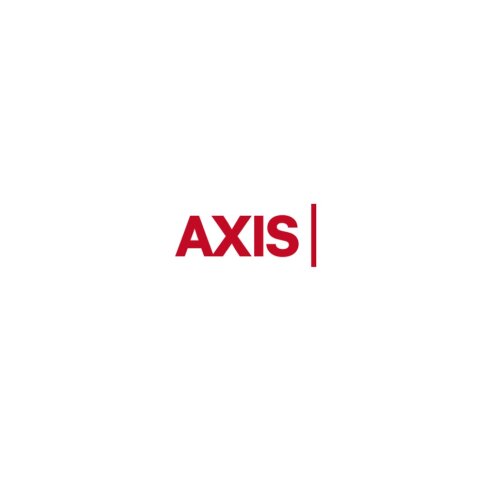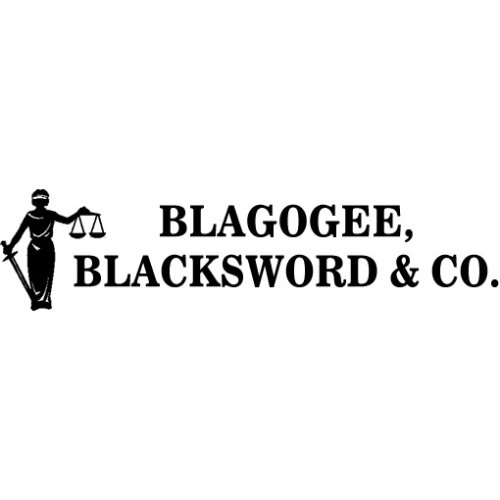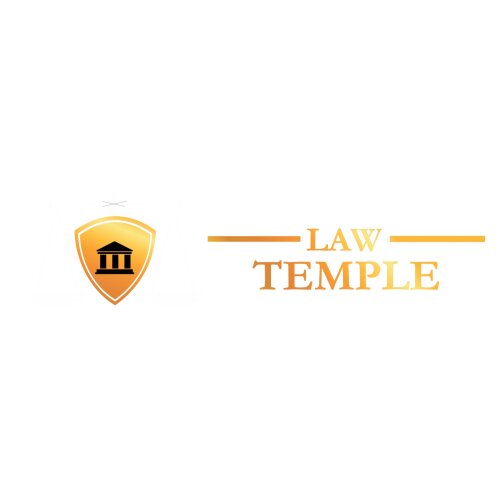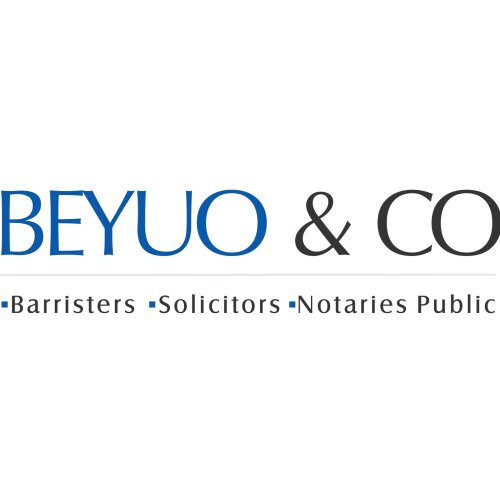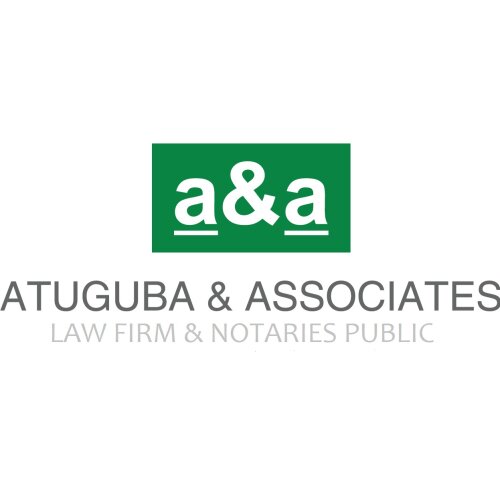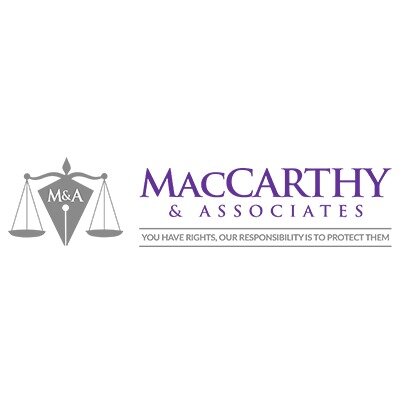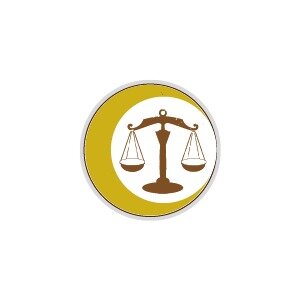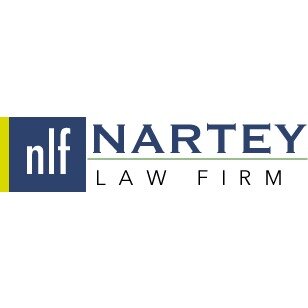Best Corporate & Commercial Lawyers in Ghana
Share your needs with us, get contacted by law firms.
Free. Takes 2 min.
Or refine your search by selecting a city:
List of the best lawyers in Ghana
About Corporate & Commercial Law in Ghana
Corporate and commercial law in Ghana covers the legal rules, regulations, and practices that govern businesses, companies, and commercial transactions. This area of law deals with how companies are formed, managed, operated, and dissolved. It also includes various commercial activities such as contracts, mergers, acquisitions, joint ventures, import and export, intellectual property, regulatory compliance, and dispute resolution arising from business operations. The Ghanaian legal system blends customary law with English common law, particularly in the corporate and commercial sectors, and is constantly evolving to match modern business needs.
Why You May Need a Lawyer
Navigating the landscape of corporate and commercial law in Ghana can be complex. Here are some common situations where seeking assistance from a legal professional is vital:
- Setting up a new company or business entity, including limited liability companies, partnerships, or sole proprietorships
- Drafting, reviewing, or negotiating commercial contracts
- Merger, acquisition, or restructuring of companies
- Resolving disputes arising from commercial transactions
- Ensuring regulatory compliance with sector-specific rules and the Ghana Investment Promotion Centre Act
- Protecting intellectual property such as trademarks, patents, or copyrights
- Managing labor and employment issues within a business
- Handling insolvency or bankruptcy matters
Whether you are an entrepreneur, investor, shareholder, or part of company management, obtaining accurate legal advice helps to ensure compliance, minimize risks, and protect your business interests.
Local Laws Overview
Several key laws govern the corporate and commercial sphere in Ghana. Here are some of the most essential regulations:
- Companies Act, 2019 (Act 992): This law governs how companies are formed, managed, and dissolved in Ghana. It outlines the roles and responsibilities of directors, officers, shareholders, and company secretaries.
- Ghana Investment Promotion Centre Act, 2013 (Act 865): This act regulates foreign investments and sets conditions for both local and foreign investors in Ghana.
- Business Names Act, 1962 (Act 151): Provides for the registration of business names for individuals, partnerships, and companies.
- Labour Act, 2003 (Act 651): This law deals with employment and labor relations within commercial entities.
- Contracts Act, 1960 (Act 25): Sets out the rules governing contracts, agreements, and enforceability.
- Intellectual Property Laws: Including Trademark Act, Patents Act, and Copyright Act, which protect legal rights over creative and innovative works.
- Tax Laws: The Ghana Revenue Authority administers taxes, including corporate tax, value added tax, and other relevant levies for businesses.
Compliance with these laws ensures a business can operate legally and smoothly, avoiding penalties or disputes. Consulting a lawyer can help clarify how these laws apply to specific business activities.
Frequently Asked Questions
What is the process for registering a company in Ghana?
To register a company in Ghana, you must submit the prescribed forms and documents to the Registrar-General's Department. These include the proposed company name, details of directors and shareholders, company regulations, and required fees. Once approved, the company is issued a certificate of incorporation and commencement of business.
Can a foreigner own a company or invest in Ghana?
Yes, foreigners can own companies and invest in Ghana. However, there are minimum capital requirements and sector restrictions specified under the Ghana Investment Promotion Centre Act. Legal guidance is recommended to comply with all regulations.
What taxes do businesses in Ghana have to pay?
Businesses are subject to corporate income tax, value added tax, withholding tax, and other charges depending on their activities. The Ghana Revenue Authority enforces tax compliance, and rates may vary by sector.
How are business disputes resolved in Ghana?
Business disputes may be settled through negotiation, mediation, arbitration, or litigation at courts. Ghana has established commercial courts, and alternative dispute resolution methods are encouraged.
What liabilities do company directors face?
Directors must act in good faith and in the best interests of the company. They can be held personally liable for breaches of fiduciary duty, wrongful acts, or non-compliance with the Companies Act.
How do I protect my company’s intellectual property?
You can register trademarks, patents, and copyrights with the relevant government departments in Ghana. Registration grants exclusive legal rights and helps prevent unauthorized use.
Are there restrictions on repatriating profits for foreign-owned companies?
Profits and investment returns can generally be repatriated, provided all legal and tax obligations in Ghana are fulfilled. The Bank of Ghana oversees foreign exchange and repatriation processes.
What is required for a valid commercial contract in Ghana?
A valid contract must include an offer, acceptance, consideration, and intention to create legal relations. It should comply with the Contracts Act and may need to be registered or stamped depending on the nature of the agreement.
Can a company change its directors or shareholders after registration?
Yes, a company can change its directors or shareholders following prescribed procedures under the Companies Act. Changes must be duly notified and registered with the Registrar-General’s Department.
What steps should I take if my company is facing insolvency?
Seek legal advice early. Procedures include negotiations with creditors, restructuring, or, if necessary, formal liquidation through the courts as per the Insolvency Act. Directors must cooperate to avoid personal liability.
Additional Resources
The following resources and organizations can provide further guidance or information related to corporate and commercial matters in Ghana:
- Registrar-General’s Department - Responsible for company and business registrations
- Ghana Investment Promotion Centre - Guidance for foreign and local investors
- Ghana Revenue Authority - Information on business taxes and compliance
- Ministry of Trade and Industry - Regulatory information for various sectors
- Ghana Bar Association - Find accredited legal practitioners in Ghana
- Intellectual Property Office - For trademark, patent, and copyright registration
- Commercial Court Division of the High Court - Handles business-related litigation and dispute resolution
Next Steps
If you are considering starting a business, facing commercial disputes, or need guidance on compliance and contracts in Ghana, the following steps can help:
- Identify your specific corporate or commercial legal issue or requirement.
- Gather all relevant documents such as contracts, business registration papers, or correspondence.
- Consult a qualified lawyer with experience in corporate and commercial law in Ghana.
- Ask about your rights, obligations, potential risks, and recommended next actions.
- Stay informed about ongoing legal or regulatory changes that may affect your business.
Taking proactive legal advice can prevent costly mistakes and ensure your business operations are fully protected under Ghanaian law.
Lawzana helps you find the best lawyers and law firms in Ghana through a curated and pre-screened list of qualified legal professionals. Our platform offers rankings and detailed profiles of attorneys and law firms, allowing you to compare based on practice areas, including Corporate & Commercial, experience, and client feedback.
Each profile includes a description of the firm's areas of practice, client reviews, team members and partners, year of establishment, spoken languages, office locations, contact information, social media presence, and any published articles or resources. Most firms on our platform speak English and are experienced in both local and international legal matters.
Get a quote from top-rated law firms in Ghana — quickly, securely, and without unnecessary hassle.
Disclaimer:
The information provided on this page is for general informational purposes only and does not constitute legal advice. While we strive to ensure the accuracy and relevance of the content, legal information may change over time, and interpretations of the law can vary. You should always consult with a qualified legal professional for advice specific to your situation.
We disclaim all liability for actions taken or not taken based on the content of this page. If you believe any information is incorrect or outdated, please contact us, and we will review and update it where appropriate.
Browse corporate & commercial law firms by service in Ghana
Ghana Attorneys in related practice areas.
Browse corporate & commercial law firms by city in Ghana
Refine your search by selecting a city.



